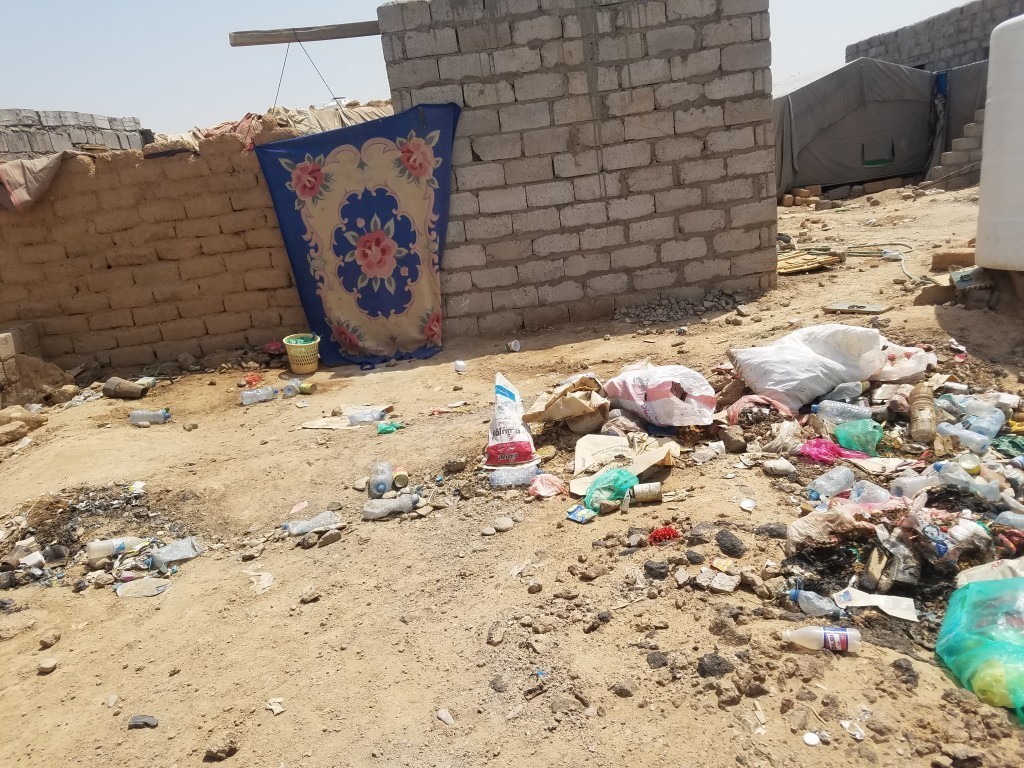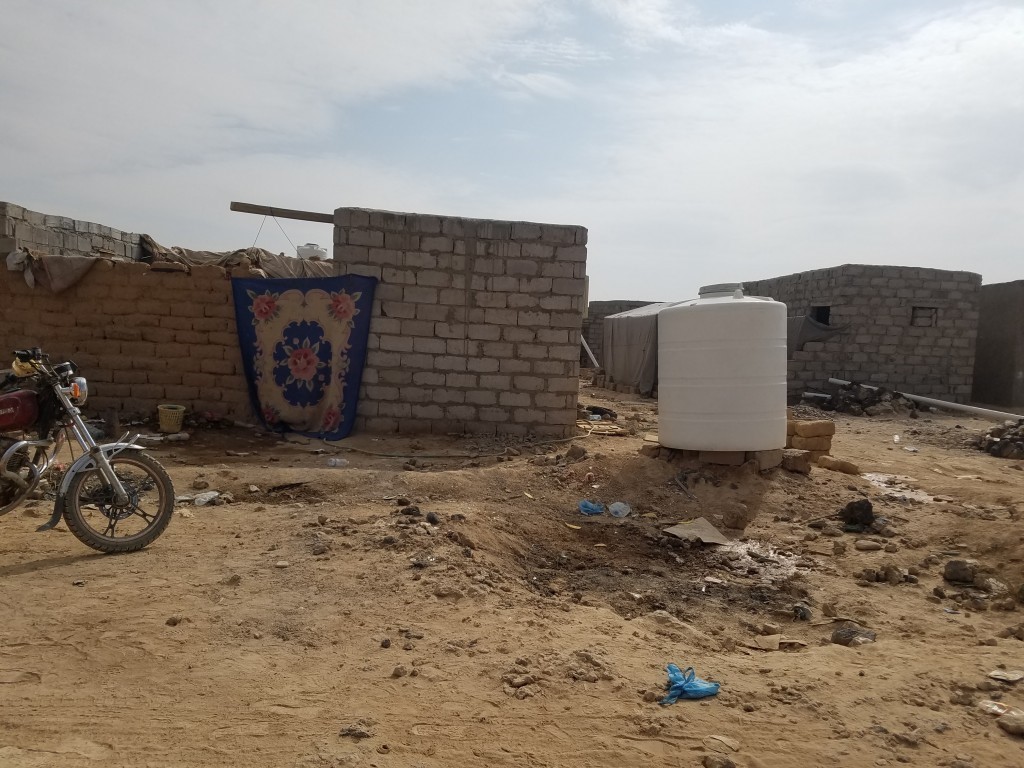In a country where 20.5 million people are in urgent need of water, sanitation and hygiene (WASH) assistance, access to clean and safe drinking water remains crucial for the good health and survival of children and their caregivers. Yemen also witnessed the world’s worst cholera outbreak in modern history, with two million suspected cases in three years.
Due to the increasing number of internally displaced people (IDPs) as a result of the escalation of the conflict, WASH needs remain substantially high. Nearly 4 million Yemenis have been forced to flee their homes in search of safety, of whom approximately 1 million internally displaced people live in 1,600 IDP sites across the country, often lacking access to clean water, essential medical care & education.
Like the rest of Yemen’s displacement sites, overcrowded camps for internally displaced people in Marib suffer inadequate health services and a lack of humanitarian aid. Displaced families live in harsh conditions – especially after this year’s flash floods and COVID-19 pandemic.

